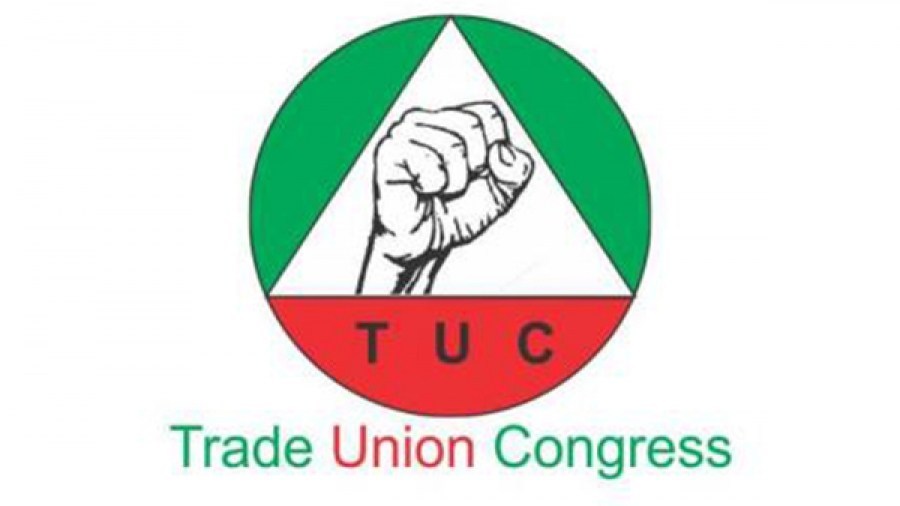Trade Union Congress of Nigeria, TUC, weekend in Lagos said it would engage the Federal Government on infrastructure development and other related issues to ensure Nigeria gained from the recently signed African Continental Free Trade Agreement, AFCFTA.
At an interactive session between TUC’s newly elected National Administrative Council, NAC, and a cross section of journalists, President of the body, Quadri Olaleye, acknowledged that there were challenges that needed to be addressed now that Nigeria had signed the trade pact after initial hesitation.
He contended that the nation’s hesitation for over a year before signing AFCFTA was not misplaced as Nigeria was confronted with infrastructural deficiency, among others.
He said: “While we commend the Federal Government for signing the African Continental Free Trade AFCFTA, in Niamey, Niger Republic, few days ago, it is also important to state here without any ambiguity that no serious country signs such agreement and goes to sleep.
”To benefit from the treaty, we must get our acts right. The reason the debate (whether to join or not) was on for over a year was that we are deficient in infrastructure.
“Second, we are a consuming country. As a Congress, we personally have our concerns. Power is critical to the manufacturing sector. We have the population but lack the basic infrastructure that is capable of making our industries thrive.
”The agreement will further kill the economy if we remain a consumer nation. Our gains essentially depend on our ability to push our goods across borders. That is the only way the agreement can be fair to us.
”The energy sector has to be improved upon to boost productivity and lower cost of production, and also source raw materials locally. We must make free trade agreement serve our interest.”
Olaleye said TUC would engage the government on some of the issues needed for Nigeria to benefit from the trade pact.
He argued that it had become imperative for the country to expand its productive base and make efforts to create an environment that would support productive activities within the economy.
He noted that as part of efforts at boosting membership, the labour centre would focus on informal sector and ensure that contract staff got standard arrangement with employers.
“A very dangerous trend in our industries today, especially the private sector, is casualisation of workers, while the public sector is fond of being guilty of outsourcing.
”A process where a business or government contracts a portion of its business or functions to a third party is not ideal for our fragile economy. The third party is typically a specialist in a particular field and based locally or in the country.
“We have noted that outsourcing by various Ministry, Department and Agencies, MDAs, is simply a medium to siphon funds. Often, we noticed that fake expatriates are bought in with little or no capacity, yet awarded contracts worth huge sums, even when workers can comprehensively perform a similar task and even better,” Olaleye said.
He added that TUC would, therefore, insist on equitable laws, ensuring their vigilant enforcement, regulating labour-outsourcing companies and ensuring access to justice for aggrieved workers.

